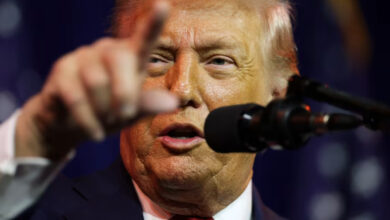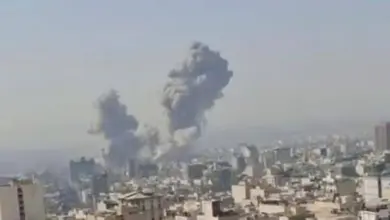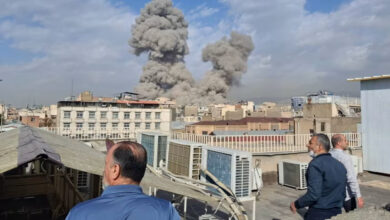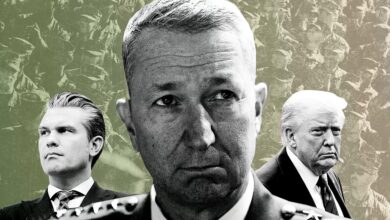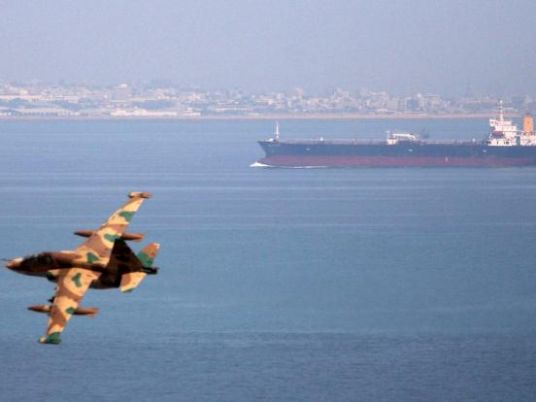
DUBAI (Reuters) – Iran’s armed forces will protect Iranian oil tankers against any threats, an Iranian military official said on Monday after the United States called the ships a “floating liability” and warned ports operators not to allow them to dock.
The United States resumed sanctions on Iran’s oil, shipping and banking industries last Monday after US President Donald Trump pulled out of a 2015 international agreement curbing Iran’s nuclear program in May.
“Iran’s armed forces…are prepared today as in the past to protect our fleet of oil tankers against any threats so that it can continue to use marine waterways,” said Rear-Admiral Mahmoud Mousavi, a deputy commander of the regular armed forces, according to the semi-official news agency ISNA.
His comments appeared to be a response to US Special Representative for Iran Brian Hook, who said last week that Iranian vessels would lose access to international insurance markets under the US sanctions and so would be a risk to ports and canals which allowed them access.
“From the Suez Canal to the Strait of Malacca and all choke-points in between, Iranian tankers are a floating liability,” Hook had said.
Iranian media reported his remarks as a threat against Iranian tankers that carry Iran’s crude and oil products.
Mousavi said that creating hindrances to transportation through international waterways would be unacceptable.
“Iran’s armed forces have the preparedness to protect our commercial fleet…as they have in the past 40 years,” he said.
Hook also raised the possibility that countries and port operators could face US penalties for facilitating what he called Iran’s “illicit activities” if they allowed Iranian ships access to international waterways and port facilities.
Mohammad Rastad, head of Iran’s Ports and Maritime Organization, said Tehran would file a complaint next week to the International Maritime Organization over “cruel US sanctions and restrictions on maritime transport,” according to the state news agency IRNA.
Hook had also said the sanctions had already cost Iran billions of dollars in oil revenue since May, but Iranian vice-president Eshaq Jahangiri said Iran had sold as much oil as it needed to.
Iran has one of the world’s biggest tanker fleets but many of the ships are ageing and require valid insurance, testing, inspection and certification, known as ship classification, to be able to ply international waters again.
Iranian officials have threatened to block the Strait of Hormuz, a major oil shipping route, if the United States attempts to stop the Islamic Republic’s oil exports.

